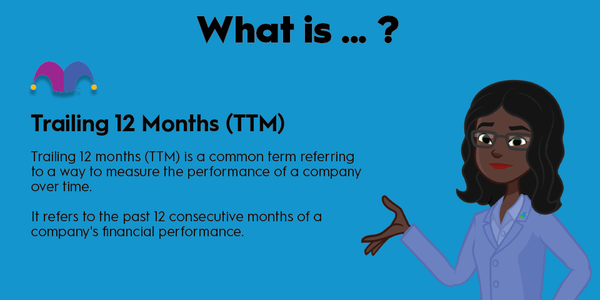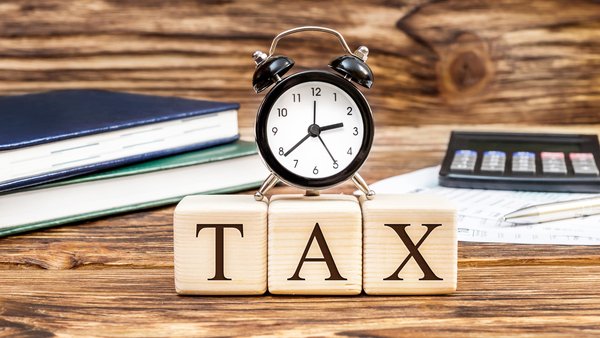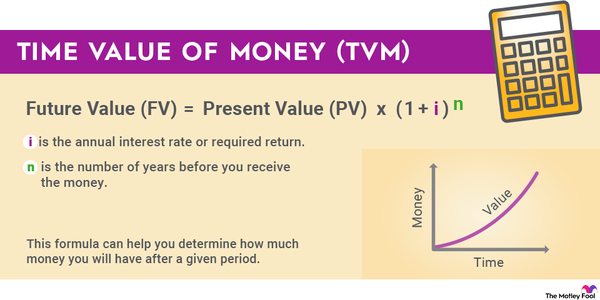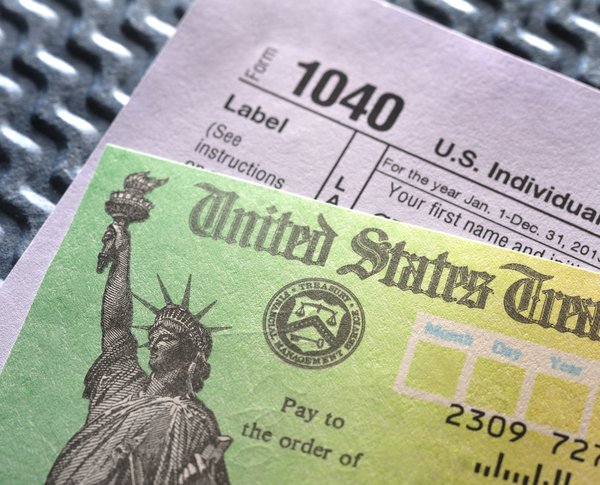With the United States Internal Revenue Code as complicated as it is, it's especially important to know the key terms associated with your annual tax calculation. One of the most important terms is "tax credit," which represents a direct offset to the taxes you owe for the year.
Here, we'll discuss what tax credits are, why they matter, and how you might see them applied in the real world.

What is a tax credit?
What is a tax credit?
A tax credit is a direct offset to the amount of tax you owe to a particular taxing authority. In other words, if you owe $4,000 in tax for the year, a $1,000 tax credit will directly offset your bill to $3,000.
Tax credits are not to be confused with tax deductions, which are offsets to your income for the year. Tax deductions ultimately reduce your taxable income but will only proportionally affect the amount of tax you owe. Deductions are generally seen as less valuable than tax credits, given how your total tax is calculated.
Needless to say, tax credits are valuable. Some of the more common tax credits include:
- Child Tax Credit.
- Child and Dependent Care Credit.
- Retirement Savings Contribution Credit (formerly known as the Savers' Credit).
- Adoption Credit.
- Residential Energy Credit.
- Earned Income Tax Credit (EITC).
Lower-income taxpayers are more likely to benefit from most tax credits since there are income phaseouts for most of them. In other words, if you earn beyond a certain income threshold, you may lose eligibility for certain tax credits. Your eligibility for each one can vary from year to year as laws and regulations change.
Finally, tax credits range can be refundable, non-refundable, or partially refundable.
Refundable tax credits are paid in full (and back to the taxpayer) even if the taxpayer's income tax liability is reduced to zero for the year. For example, a taxpayer with a $1,000 tax liability and $2,000 worth of refundable tax credits will receive a $1,000 refund for the tax year.
Non-refundable tax credits can only reduce your tax liability to zero for the year. In the above example, $2,000 worth of non-refundable tax credits would reduce your liability to zero, but you also wouldn't receive the $1,000 refund.
Partially refundable tax credits, like the American Opportunity Tax Credit (AOTC), allow for a partial refund if the credit reduces your tax liability to zero. As of 2023, this amount is the lesser of 40% of the remaining credit or $1,000.
Overall, tax credits can be quite valuable, particularly to lower-income taxpayers with dependent children. Higher-income taxpayers benefit less from direct tax credits since they are frequently phased out from eligibility. Tax deductions tend to be more applicable for higher earners.
Why do they matter?
Why do tax credits matter?
Tax credits, particularly refundable ones, can make a huge financial difference for some families -- especially those with lower incomes and one or more dependent children. Certain tax credits, like the Child Tax Credit, Child and Dependent Care Credit, and Earned Income Tax Credit, provide relief to families facing the huge costs of child care and raising a family.
It's key to make sure that you're actually taking the tax credits you're entitled to. This is a discussion you'll need to have with your accountant or tax preparer around tax time, but if you think you might be eligible for certain credits, make sure to ask the questions in a timely fashion. Reviewing the available credits in advance can help you prepare.
As an example, a family earning $100,000 annually with three dependent children and a zero tax liability could be eligible for a refundable credit of $4,800 ($2,000 per child, of which $1,600 is refundable). Although the amount may not be earth-shattering, it is meaningful to a large percentage of American families. This is only one credit; The family might take be able to take advantage of other credits, too.
Related investing topics
How to use them
Tax credits: Now what?
In reality, tax credits are quite valuable, but only certain individuals and families will be eligible for many of them based on their personal circumstances. Many higher earners might find some tax credits to be de minimis (of minimal value), while others may stand to gain quite a bit from certain credit opportunities.
This is why you should make yourself aware of the credits that exist and what you'll need to do to qualify for them, and then keep strong records to prove your expenses. For instance, if you earn less than $400,000 and send two children to formal daycare, be sure to get a receipt with the facility's employee identification number (EIN) on it for any payment you make. This can help you claim the Child and Dependent Care Credit at tax time.
Tax credits are there for the taking if you know what to look for and if your family situation qualifies. Take the time to educate yourself on the various credits available, and then be super careful about tracking your eligible expenses. You might surprise yourself at tax time!




































